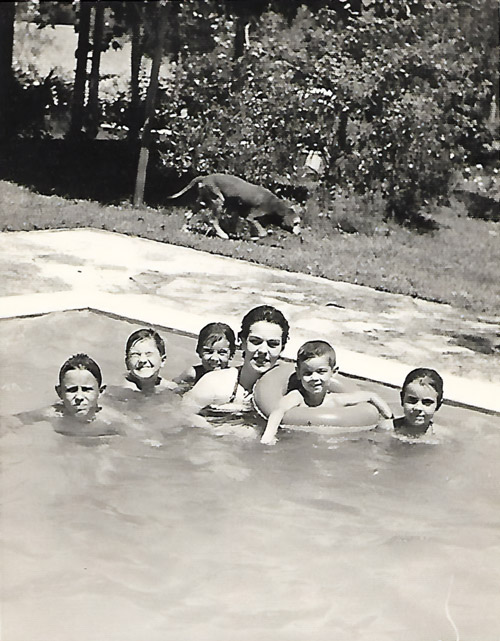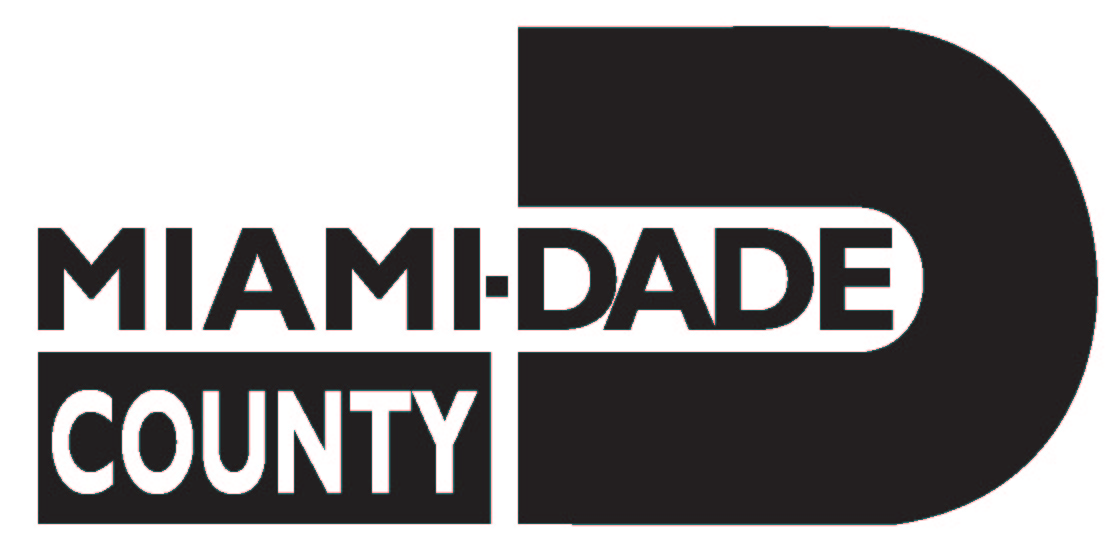EMILIA PRODUCTIONS MIAMI

Embargoed: Reclaiming Memories
A FILM BY LUIS PEREZ TOLON
The project also has non-profit fiscal sponsorship and your donations can be tax deductible. Luis Perez Tolon/Emilia Productions is a sponsored artist with The Performance Zone Inc (dba The Field), a not-for-profit, tax-exempt, 501(c)(3) organization serving the performing arts community. The Field, 225 West 34th St, Floor 9, New York, NY 10122, phone: 212-691-6969.
Watch How
Work-in-progress – Writer-Director-Producer - HD Video
Luis Perez Tolon
The Synopsis
Embargoed; Reclaiming Memories is a poignant personal reflection on the definition of embargo, a word that sparks international controversy within Cuban-American debates. A return to the childhood home and family hotel, embargoed in 1960 by the Cuban Revolution, now in ruins, triggers notions of embargoed dreams, memories and family history, and questions ideals through the passage of time.
The film is based on footage filmed when my sisters and I returned to San Miguel de los Baños, a mineral springs resort town east of Havana where we had spent our early years. Seeing the family hotel in ruins, a surprise reunion with our nanny and visiting El Hatillo, the family ranch where we had lived a carefree life, we came face to face with the ghosts and dreams of our past and unexpectedly gave closure to our childhood.
For those of us who left very young, returning to Cuba triggers romantic nostalgia of childhood memories that clash with a surreal present.
More About the Film
The film explores the embargoed memories and properties in ruin, the family separations, and the emotional embargo of exile. Starting with the archaic definition of embargo, “to seize a ship or goods for state service,” animated graphics depict a visual deconstruction of the dictionary definition and moves the story forward.
During our visit to San Miguel de los Baños we were transported to our earliest childhood memories. My family’s Hotel San Miguel, built by our grandfather, is the first building and sign we see as we approach town. The hotel is still standing and we ventured on the rickety marble staircase that led to the rooms upstairs. All in ruins, bathrooms vandalized, doors and windows broken.
We need your help to complete this film! We are a raising $25,000 for editing and post production expenses. Your gift will make our goal possible. Give $50 Now!
You may donate by check, credit card, pay pal at GoFundMe
Support Today!
The visit transported us to our earliest memories
The Hotel San Miguel was built by my grandfather, Daniel Perez Iturralde. He migrated from Spain in 1888, married my grandmother, bought land, named the ranch El Hatillo, and built one of the first wooden hotels in San Miguel de los Baños in 1910, and this newer one 1929.
The town flourished in the early 20th century as a destination for wealthy folks seeking the medicinal waters that had earned it the name of “Vichy of the Americas.” Today Lonely Planet Travel Guide describes it as an: “…atmospheric old spa town that once rivalled Havana for elegant opulence.” Conversations with Alejandro Perez, my 95-year-old uncle, document the town and our family’s history.
At least the cement frame of our hotel was strong and still standing. To our dismay, we crossed the street and as we strolled to the grand entrance of the Gran Hotel Balneario we confirmed it was in worse shape. This was the most luxurious hotel, the grand staircase, the cupulas, the fairy tale gardens with manicured paths, benches, the brook and ornate mineral springs spouts, although abandoned, you could imagine its heyday.

Moving on with our visit, we followed the road out of town to Hatillo, the family cattle ranch our father managed. As children we had traveled this road many times, on foot, on horseback, on the horse carriage and on our father’s Jeep, to La Finca Hatillo, where we had lived a carefree life. As we passed the last row of houses leaving town we had a serendipitous emotional reunion with Onelia, our Nanny. Together we arrived at where we thought was the old ranch house, unrecognizable, now decaying ruins with neighboring shacks, however seeing the abandoned swimming pool immediately confirmed we had arrived. Onelia recalled amusing anecdotes of our mischievous childhood while she minded after us. This personal connection, after almost 60 years, triggers notions of embargoed dreams, memories and family history, and questions ideals through the passage of time.
And with a child’s innocent reasoning I asked myself. Whoever makes decisions in Cuba let this town waste away, what use was embargoing hotel owners and my family’s properties and sending us into exile? Today, all hotels are in ruins or have completely vanished.

The film continues with the visual deconstruction of the dictionary definition of the word embargo, a loaded notion that has marked our exile journey, and moves the story forward as it refers to personal and emotional loss. The experience affected us deeply, our memories had remained in our imagination, nurtured by family stories and the few photos that survived. For those of us who left very young returning to Cuba triggers romantic nostalgia of childhood memories that clash with a surreal present, and this trip unexpectedly gave some closure to our childhood.
However, as we ponder on this life journey, more than 60 years ago we had been called “Gusanos” (worms) and sent into exile after our parents’ lives and properties were embargoed…or confiscated by the Revolution to provide a better life for all Cubans.
Images of animated graphics of the dictionary definition of the word embargo and all its synonyms question those revolutionary ideals. Today, when a dictatorial Communist elite lives in luxury while thousands of Cubans continue to leave the island, it is time for change, as ruins, repression and hunger bear witness to a failed Revolution’s legacy.
Hear what others have to say...
Hear it from others:
”So glad you are doing this … I didn’t know about San Miguel de los baños.Loved the trailer  ”
”


Maritza giberga
EDUCATOR
”I loved the video and want to see more”


Maruchi pando
Journalist
Independent films that explore and contextualize the Cuban-American experience
It's your turn now
I'll show you how
Contact Me
With the support of the Miami-Dade County Department of Cultural Affairs and the Cultural Affairs Council, the Miami-Dade County Mayor and Board of County Commissioners.






